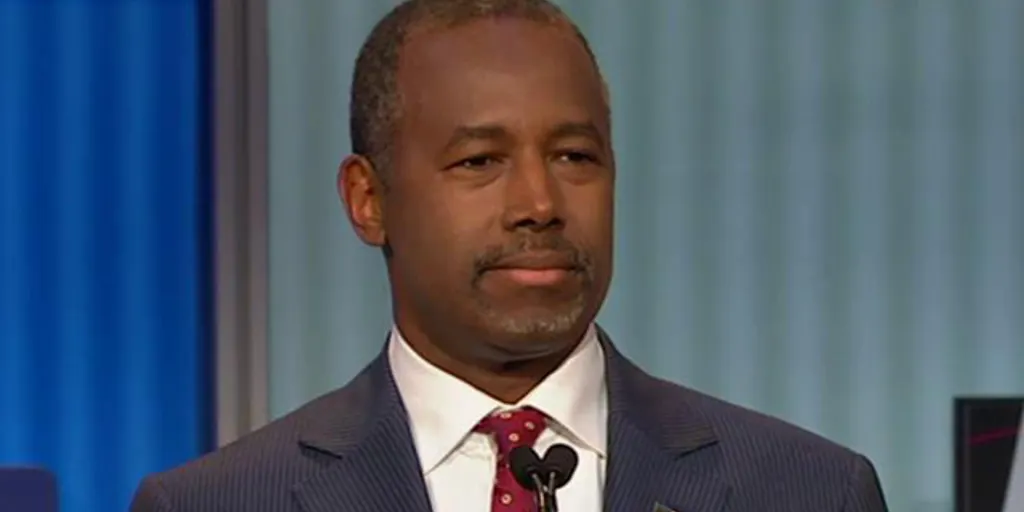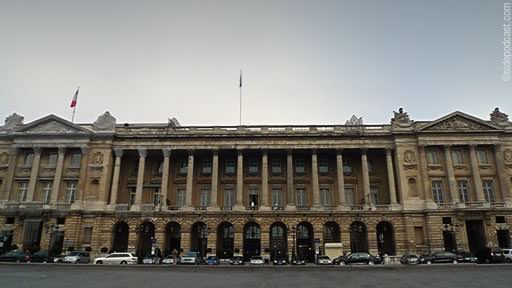The recent upheaval in the Fédération Internationale de l"Automobile (FIA) reveals a troubling trend towards authoritarian control under president Mohammed Ben Sulayem. The abrupt removal of Britain"s representative, Ben Cussons, from the FIA Senate illustrates a disturbing pattern of silencing dissent and consolidating power. This move not only raises questions about governance within the FIA but also serves as a cautionary tale about the fragility of democratic oversight in sports administration.
Sudden Dismissals Signal Deeper Issues
Ben Cussons, vice-president of the Royal Automobile Club, found himself unexpectedly ousted from the FIA Senate after three and a half years of service. His removal, effective immediately, came without explanation, leaving Cussons and many in the motorsport community bewildered. As reported by BBC Sport, Cussons expressed his belief in transparency and good governance, elements that seem increasingly absent under Ben Sulayem"s leadership.
New Rules Empower President at the Expense of Oversight
The FIA recently amended its statutes to grant the president unprecedented powers, including the ability to directly appoint or dismiss members of the senate. This shift was justified by a vague claim of needing flexibility to address various topics efficiently. However, critics argue that the existing rules already allowed for the necessary expertise and that the changes are a blatant attempt to centralize power. The implications of these amendments are significant, as they undermine the very foundation of oversight intended to keep the FIA accountable.
\n\n
Dr. Ben Carson takes on foreign policy mishaps | Fox News Video
Pattern of Purging Dissenting Voices
Cussons is not the first casualty in this purge of dissent. The dismissal of several senior figures—including Tim Mayer, who announced his candidacy against Ben Sulayem in the upcoming presidential election—signals a broader strategy to eliminate opposition. This wave of removals, as noted in reports from GP Fans, raises alarm bells about the health of democratic processes within the FIA. The governance structure, which is supposed to operate with checks and balances, appears increasingly vulnerable to autocratic tendencies.
Stricter NDAs Raise Red Flags
Another contentious issue is the new, stricter non-disclosure agreements (NDAs) imposed on council members. Critics, including Cussons and MotorsportUK head David Richards, have resisted these changes, viewing them as a tool to stifle dissent and limit transparency. The FIA"s spokesperson has been tight-lipped regarding the rationale behind the NDAs, failing to address the growing concern that these measures further entrench a culture of secrecy at the FIA. This development is particularly troubling for those who advocate for accountability in sports governance.
\n\n
What"s behind the blue door? - A Sidepodvisit to the ...
What This Means for the Future of Motorsport Governance
The implications of these power consolidations extend beyond internal governance issues; they could have far-reaching effects on the integrity of motorsport itself. The FIA is responsible for overseeing critical regulations that impact safety, fairness, and financial transparency in racing. A lack of meaningful oversight could lead to decisions that prioritize profit over ethical standards, putting both competitors and fans at risk. The continued erosion of democratic processes within the FIA serves as a stark reminder of the importance of vigilance in protecting civil rights and governance structures across all sectors, including sports.
The FIA"s recent actions under Ben Sulayem"s presidency illustrate a worrying trend that prioritizes consolidation of power over democratic accountability. As this story unfolds, the motorsport community must remain vigilant, advocating for a return to transparent governance and civil rights in all aspects of the sport.



![[Video] Gunfire between Iraqi security forces and Sadr militias in Baghdad](/_next/image?url=%2Fapi%2Fimage%2Fthumbnails%2Fthumbnail-1768343508874-4redb-thumbnail.jpg&w=3840&q=75)
